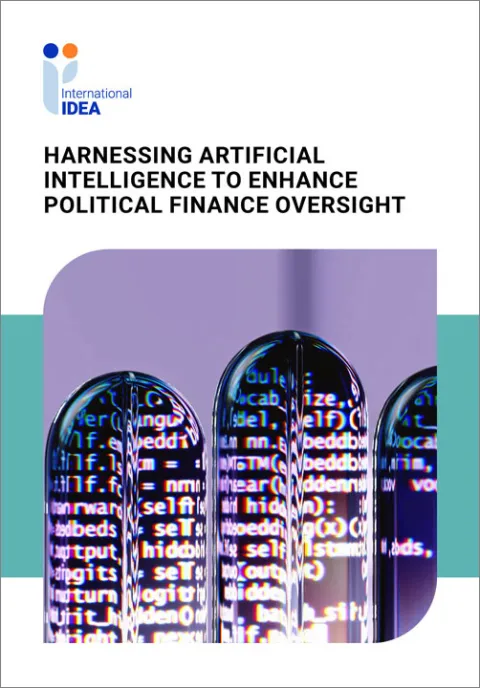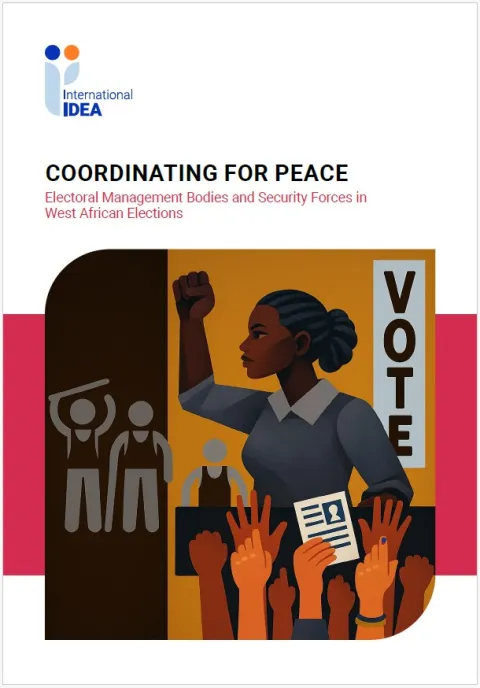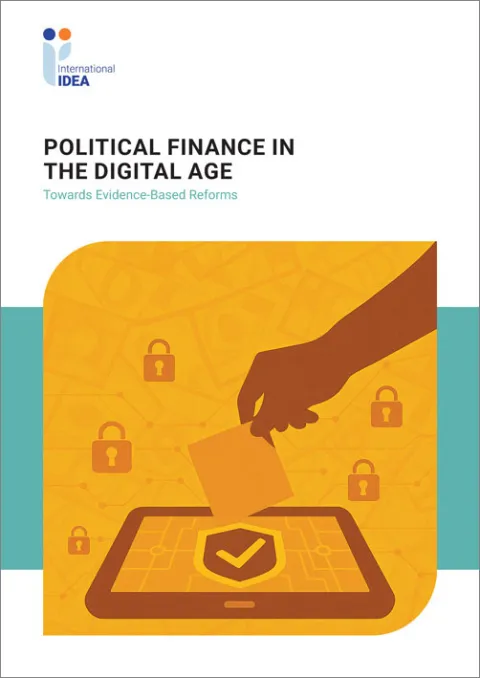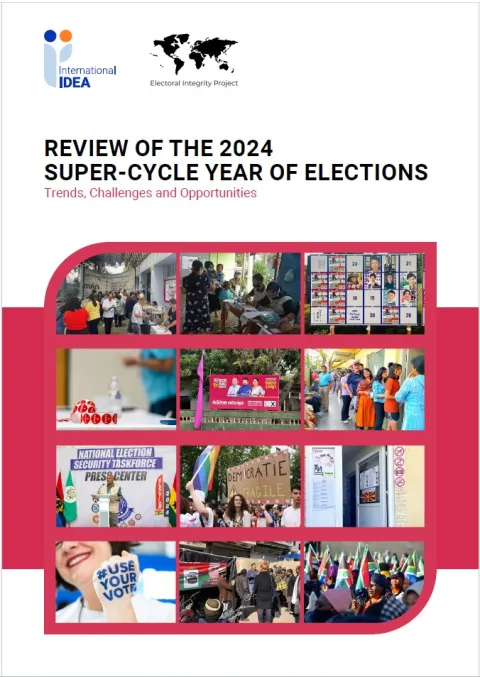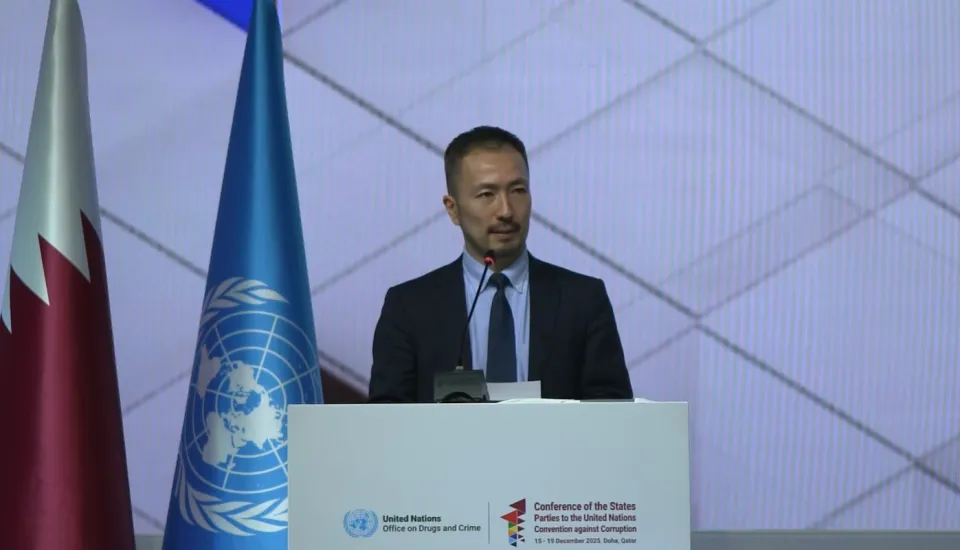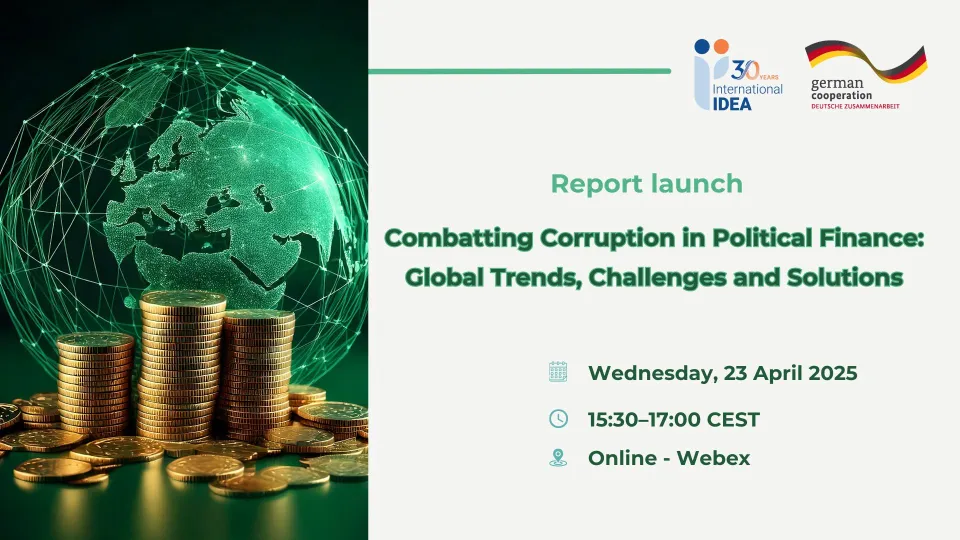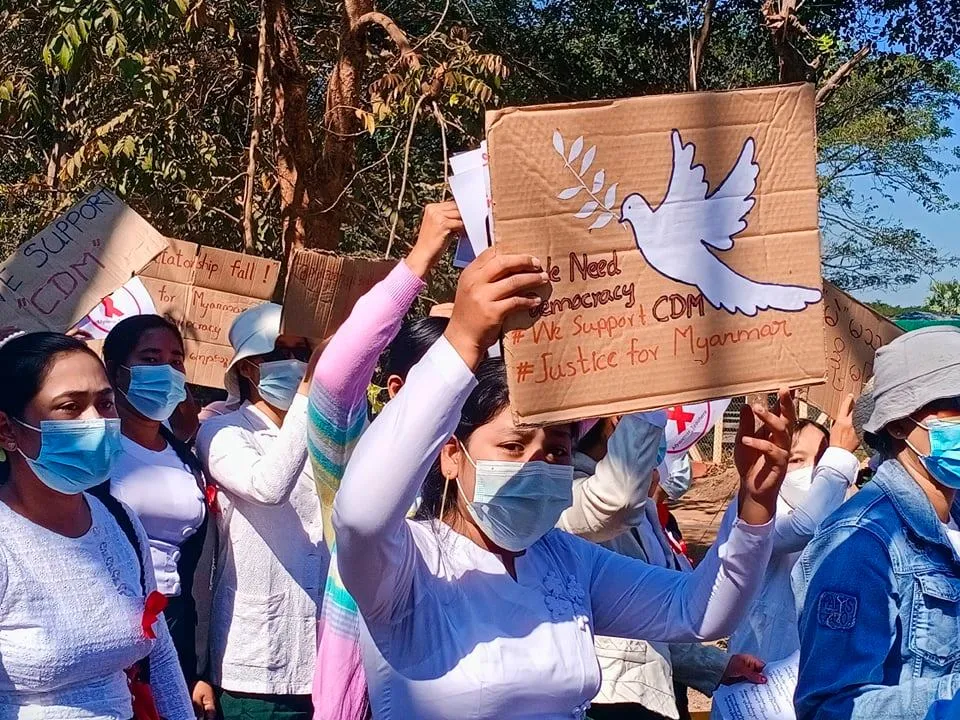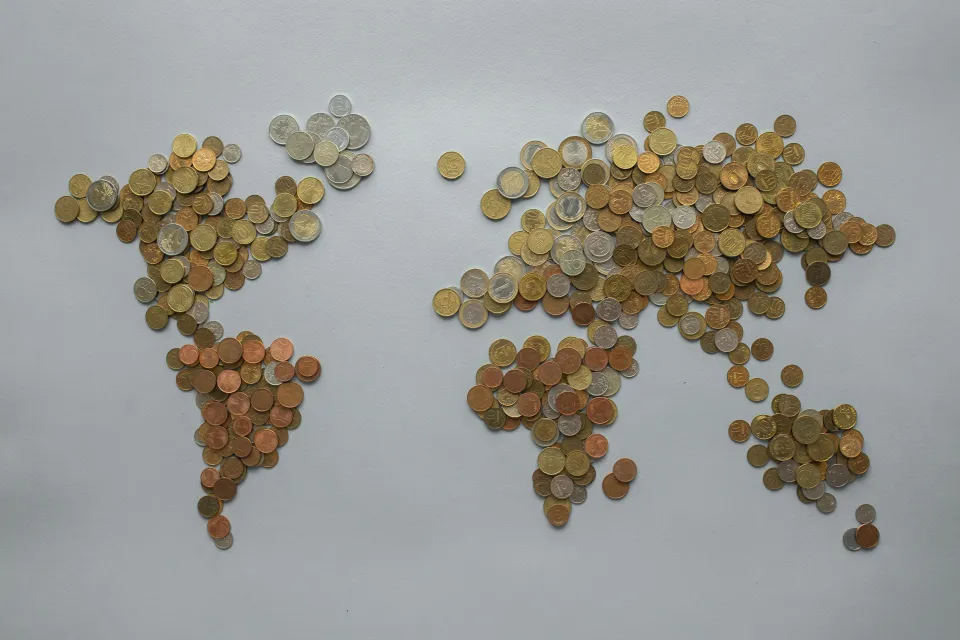Gender-targeted Public Funding for Political Parties
Gender inequality in the political process remains an important problem in all countries.
Women often have less access than men to the resources needed to successfully seek a party nomination or stand in an election, and political parties tend to nominate men to winnable positions.
This report focuses on the particular political party regulations where the provision of public funding (state assistance) to political parties is linked to gender-related activities by those parties. Such provisions exist today in around 30 countries worldwide and it is a form of regulation that has become increasingly common in the past two decades.
The report explores the concept of gender-targeted funding and its different modalities. Detailed case studies from Albania, Croatia, France, Haiti and Portugal illustrate experiences from different countries and the concluding chapter presents recommendations for countries considering using these methods to increase women’s political representation.
Details
Related databases & tools
Contents
Acknowledgements
1. Introduction
2. Defining gender-targeted funding
3. Types of gender-targeted public funding
4. National experiences of gender-targeted public funding
5. Gender-targeted funding in Albania
6. Gender-targeted funding in Croatia
7. Gender-targeted funding in France
8. Gender-targeted funding in Haiti
9. Gender-targeted funding in Portugal
10. The impact of gender-targeted public funding
11. Conclusion
Annex. Gender-targeted public funding of political parties in individual countries
References
About the author
About International IDEA
Give us feedback
Do you have a question or feedback about this publication? Leave us your feedback, and we’ll get back to you
Send feedbackGender-targeted Public Funding for Political Parties
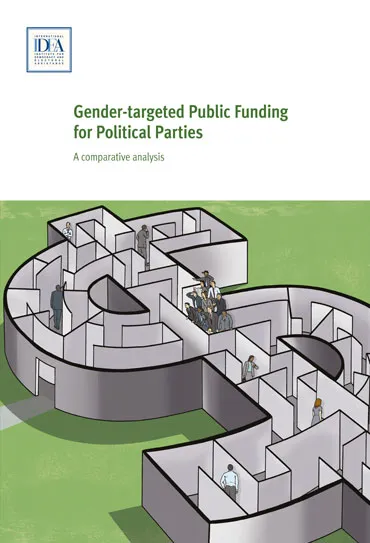
| Total views | 24597 |
|---|---|
| Downloads | 287 |
| Rating |
Related databases & tools
Give us feedback
Do you have a question or feedback about this publication? Leave us your feedback, and we’ll get back to you
Send feedback

